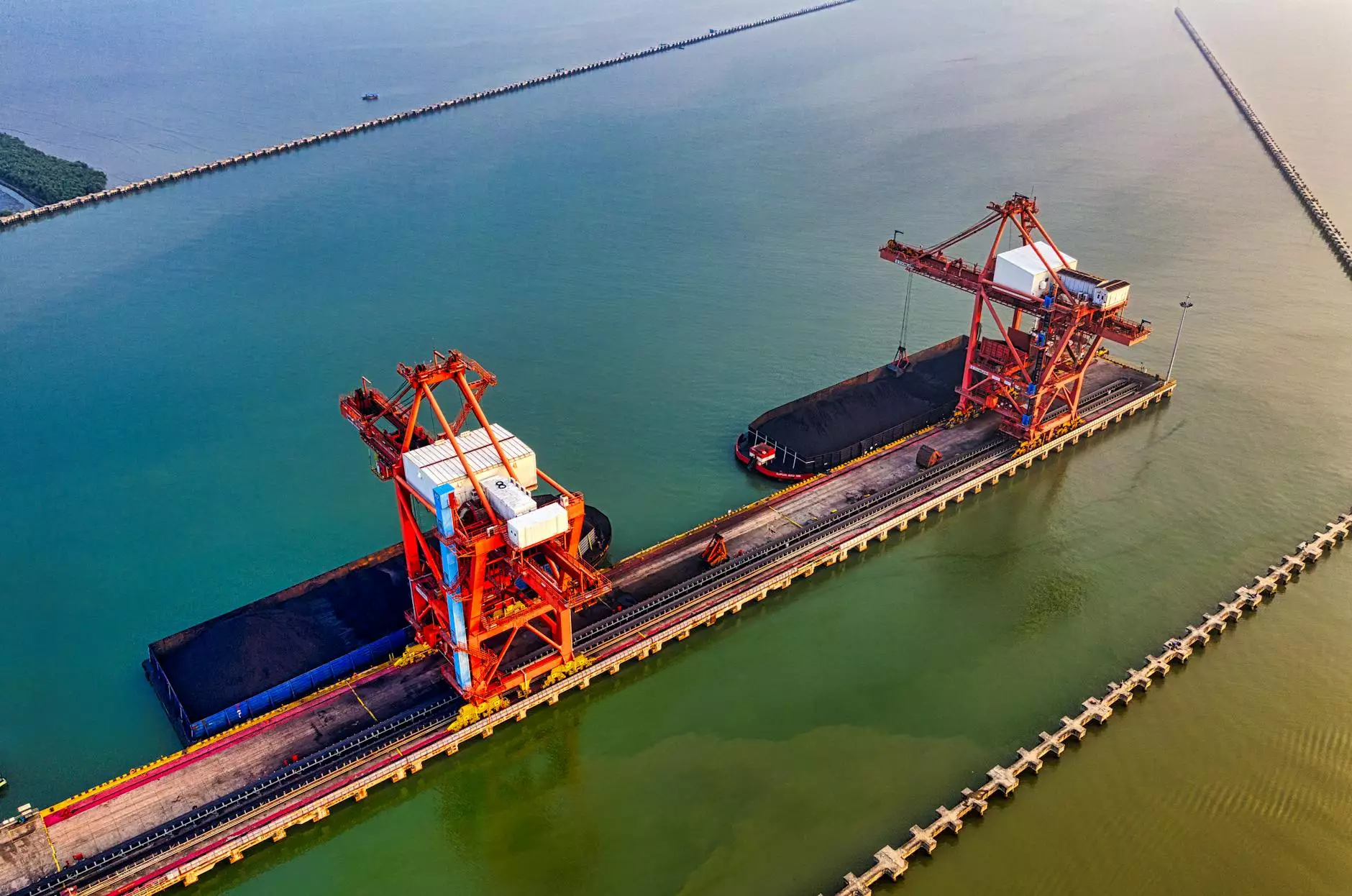Understanding Air Freight Rates Per Kg: A Comprehensive Guide

Introduction to Air Freight
Air freight is one of the fastest and most reliable methods of transporting goods across long distances. It is particularly essential for industries that require quick delivery times, such as electronics, pharmaceuticals, and fashion. Companies can efficiently manage their logistics by understanding the air freight rates per kg, which influence their overall shipping costs.
The Importance of Air Freight Rates
Understanding air freight rates allows businesses to estimate their logistics expenses accurately. This knowledge is crucial for ensuring competitive pricing in the market. Factors such as distance, weight, and type of cargo affect these rates, making it essential for shippers to comprehend these variables thoroughly.
Factors Influencing Air Freight Rates Per Kg
Several factors determine air freight rates, including:
- Weight and Volume: Shipment weight is a primary factor; airlines often charge based on the greater of the actual weight or the volumetric weight.
- Distance: Shipping over longer distances typically incurs higher rates due to increased fuel consumption and logistics management costs.
- Type of Cargo: Special handling requirements for fragile or hazardous goods can significantly impact rates.
- Time of Year: Seasonal demand can lead to fluctuating rates; for instance, holiday seasons often see higher prices due to increased shipping volumes.
- Type of Service: Expedited services (express delivery) generally cost more than standard shipping options.
How Air Freight Pricing Works
Understanding how air freight pricing works is essential for businesses to optimize their logistics. Here’s a breakdown of the primary components:
1. Base Rate
Every air freight service has a base rate, which serves as the starting point for calculating charges. This rate can vary significantly between carriers and depends on the factors mentioned earlier.
2. Fuel Surcharges
Airlines impose fuel surcharges to account for fluctuating fuel prices, often adjusted regularly based on market trends. These surcharges are important when evaluating the total cost of shipping.
3. Handling Fees
Handling fees cover the loading and unloading of cargo, as well as any special handling needed. Businesses should inquire about these fees during the quoting process.
Estimating Your Air Freight Costs
To estimate air freight costs based on air freight rates per kg, businesses should take the following steps:
- Calculate the total weight: Determine the actual or volumetric weight of your shipment.
- Research base rates: Collect quotations from multiple carriers to compare rates effectively.
- Add additional charges: Factor in fuel surcharges, handling fees, and any other applicable costs.
- Consider insurance: Evaluate whether cargo insurance is necessary for added protection during transit.
Strategies for Reducing Air Freight Rates
Businesses can implement various strategies to minimize their air freight costs:
- Consolidate Shipments: Combine multiple shipments into one to lower costs associated with individual shipments.
- Negotiation: Build relationships with freight carriers to negotiate better rates based on shipping volume.
- Optimize Packaging: Reduce dimensional weight by optimizing packaging to lower volumetric weight.
- Use Cost-Effective Shipping Methods: Consider a mix of air and sea freight, especially for non-urgent goods.
The Role of Technology in Air Freight Pricing
Technology has dramatically transformed the freight industry, providing accurate and real-time data that assists businesses in managing air freight costs. Advanced software solutions enable shippers to track shipments, manage inventory, and analyze freight costs with great precision.
A number of digital platforms now offer air freight rates per kg calculators, allowing businesses to receive instant quotes based on their specific needs, further streamlining the shipping process.
Industry Trends Affecting Air Freight Rates
The logistics and freight industries are constantly evolving. Here are some trends currently impacting air freight rates:
- Sustainability Efforts: As environmental concerns rise, airlines are adopting greener technologies which may affect rates as the industry seeks to reduce carbon footprints.
- Technology Integration: The use of big data and AI to optimize routes and assess optimal pricing models is becoming more prevalent.
- Regulatory Changes: International trade agreements and regulations can impact air freight costs by altering tariffs and duties.
Conclusion
Understanding air freight rates per kg is essential for businesses looking to optimize their logistics and reduce shipping costs. By considering the various factors that influence rates, utilizing strategic practices, and embracing technology,companies can remain competitive while ensuring efficient operations. By leveraging the information presented in this guide, businesses can make informed decisions that enhance their air freight experience, ultimately leading to improved profitability and customer satisfaction.
FAQs About Air Freight Rates
What is the average air freight rate per kg?
The average air freight rate per kg can vary widely based on the factors discussed, ranging from a few dollars to several hundred dollars for specialized shipments. It's best to get quotes from carriers based on your specific needs.
How does volumetric weight affect air freight costs?
Volumetric weight determines the dimensional space your cargo occupies in a plane. If the volumetric weight is greater than the actual weight, carriers will charge based on the volumetric weight to ensure they account for the space your cargo occupies.
Can I get a discount on air freight rates?
Yes, many carriers offer discounts based on shipping volume, consistency, and long-term contracts. It is advisable to establish a good relationship with carriers and explore potential discounts.
How can I track my air freight shipment?
Most air freight companies provide tracking systems accessible online. You can enter your shipment details to monitor its progress from the point of departure to its destination.
What should I do if my shipment is delayed?
If your shipment is delayed, first contact the carrier for updates. Use your tracking number for faster assistance. Depending on the situation, you may also consider seeking compensation based on the terms agreed upon in your shipping contract.
Final Thoughts
The world of air freight is complex but understanding air freight rates per kg can significantly impact your business's success in logistics. By applying the knowledge shared in this article and keeping abreast of market trends, your business can navigate the challenges of air freight efficiently.



